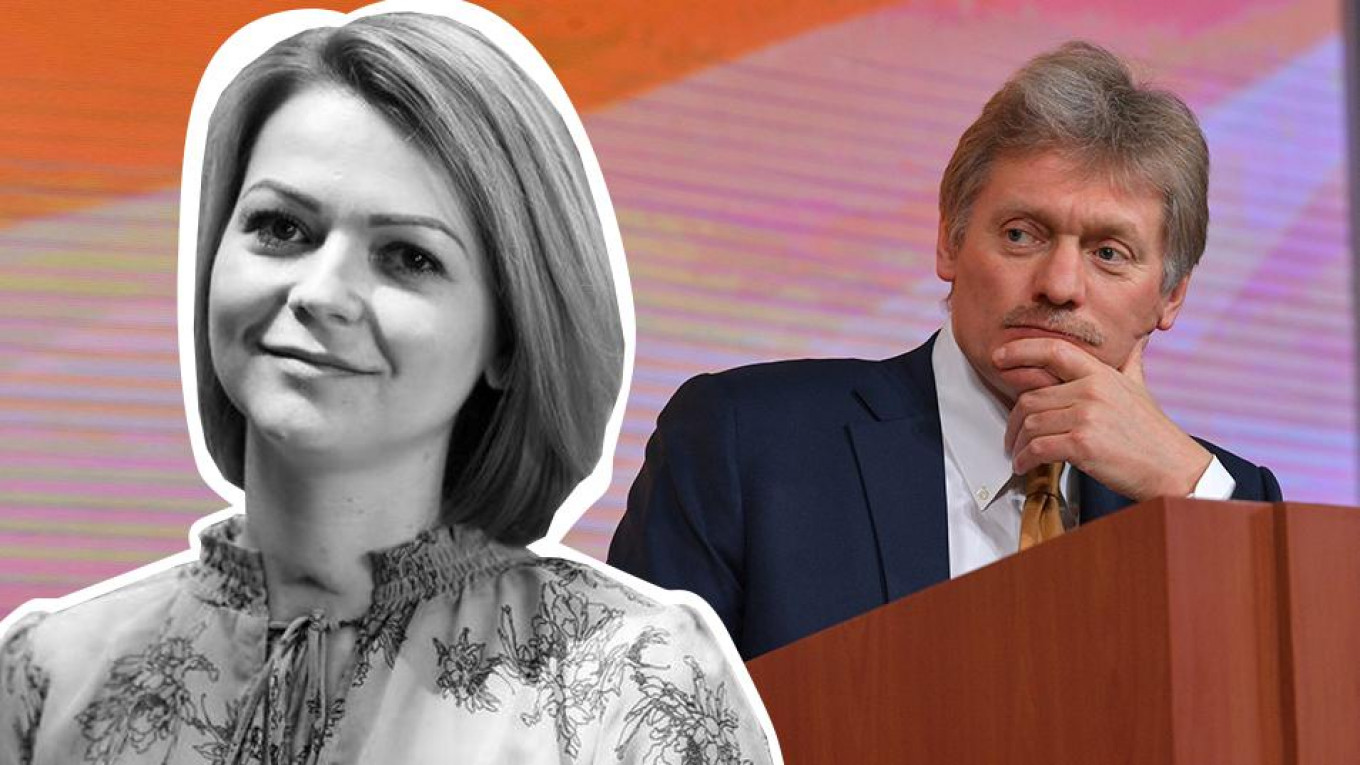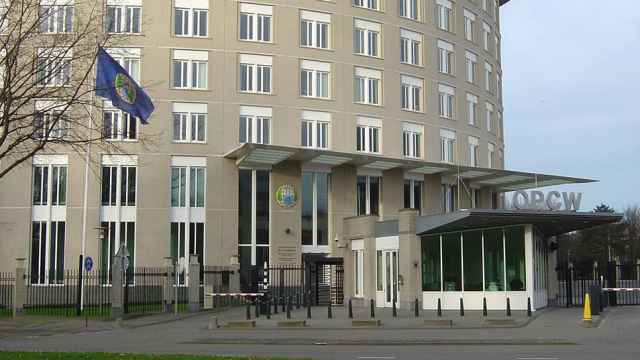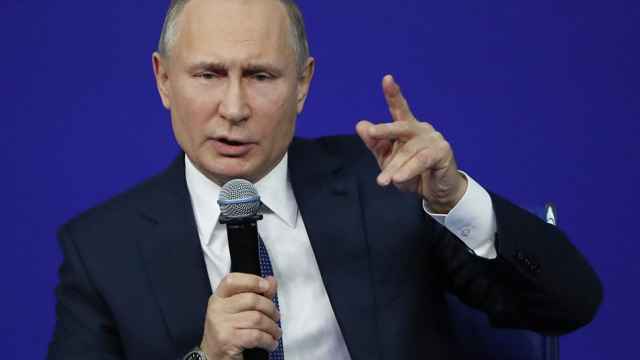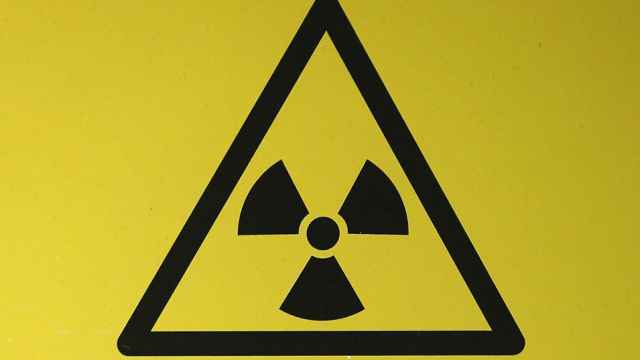The Kremlin said on Thursday it was deeply skeptical about Yulia Skripal's first media appearance since she and her father Sergei were poisoned by a nerve agent in England and said it was unclear if she had been talking of her own free will.
Skripal, who survived the March attack that Britain blames on Russia, told Reuters on Wednesday that she wanted to return to her country "in the longer term", despite the poisoning and felt lucky to be alive.
Russia denies any wrongdoing, saying it has been falsely accused of an attempt on the Skripals' lives in order to whip up anti-Russian sentiment in the West.
"We have no grounds to trust this and to believe in it," Kremlin spokesman Dmitry Peskov told reporters on a conference call on Thursday when asked about Yulia Skripal's televised statement.
"Overall, considering we are talking about a fairly unprecedented international provocation against Russia that was unleashed by Britain and London, we maintain our distrust and have every reason to do so," said Peskov.
Russia has repeatedly demanded consular access to Yulia Skripal who it says is a Russian citizen, saying international law gives it the right to talk to its own nationals, and has spoken of its fears that she and her father are being held against their will by the British authorities.
Despite her televised statement, Peskov said a litany of unanswered questions remained about Yulia Skripal.
"We still don't know what condition Yulia Skripal is in," said Peskov.
"We don't know if she made these statements of her own free will or if she was pressured, we don't where she is ... and what is being done to her and by whom, to what extent her rights are being upheld, and how legally competent she is," said Peskov.
Yulia Skripal said on Wednesday she was grateful for offers of assistance from the Russian embassy, but did not want to avail herself of them.
Skripal spoke in Russian and supplied a statement that she said she had written herself in both Russian and English. She signed both documents after making her statement.
A Message from The Moscow Times:
Dear readers,
We are facing unprecedented challenges. Russia's Prosecutor General's Office has designated The Moscow Times as an "undesirable" organization, criminalizing our work and putting our staff at risk of prosecution. This follows our earlier unjust labeling as a "foreign agent."
These actions are direct attempts to silence independent journalism in Russia. The authorities claim our work "discredits the decisions of the Russian leadership." We see things differently: we strive to provide accurate, unbiased reporting on Russia.
We, the journalists of The Moscow Times, refuse to be silenced. But to continue our work, we need your help.
Your support, no matter how small, makes a world of difference. If you can, please support us monthly starting from just $2. It's quick to set up, and every contribution makes a significant impact.
By supporting The Moscow Times, you're defending open, independent journalism in the face of repression. Thank you for standing with us.
Remind me later.






